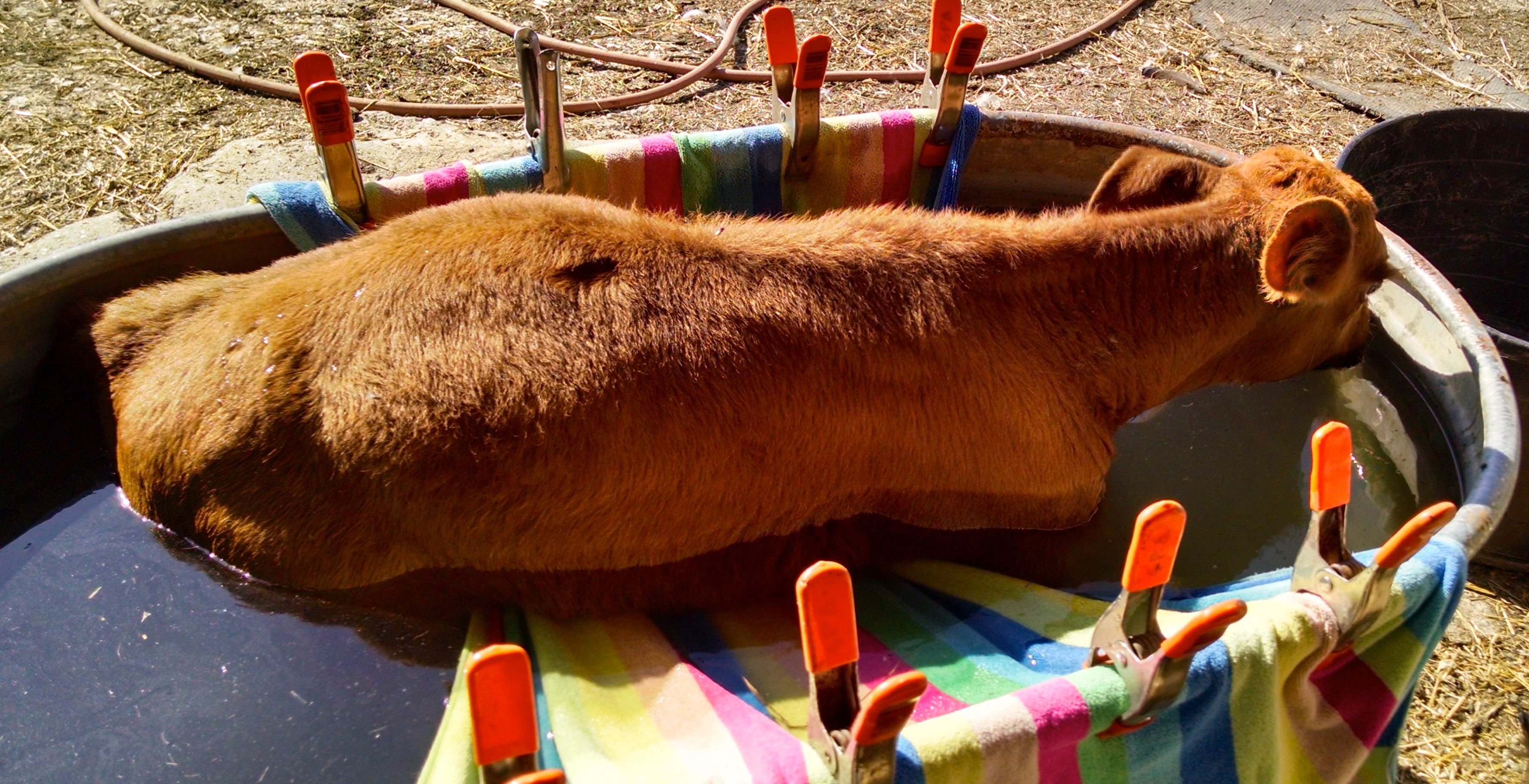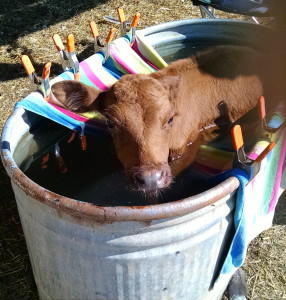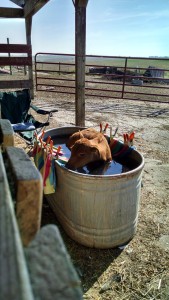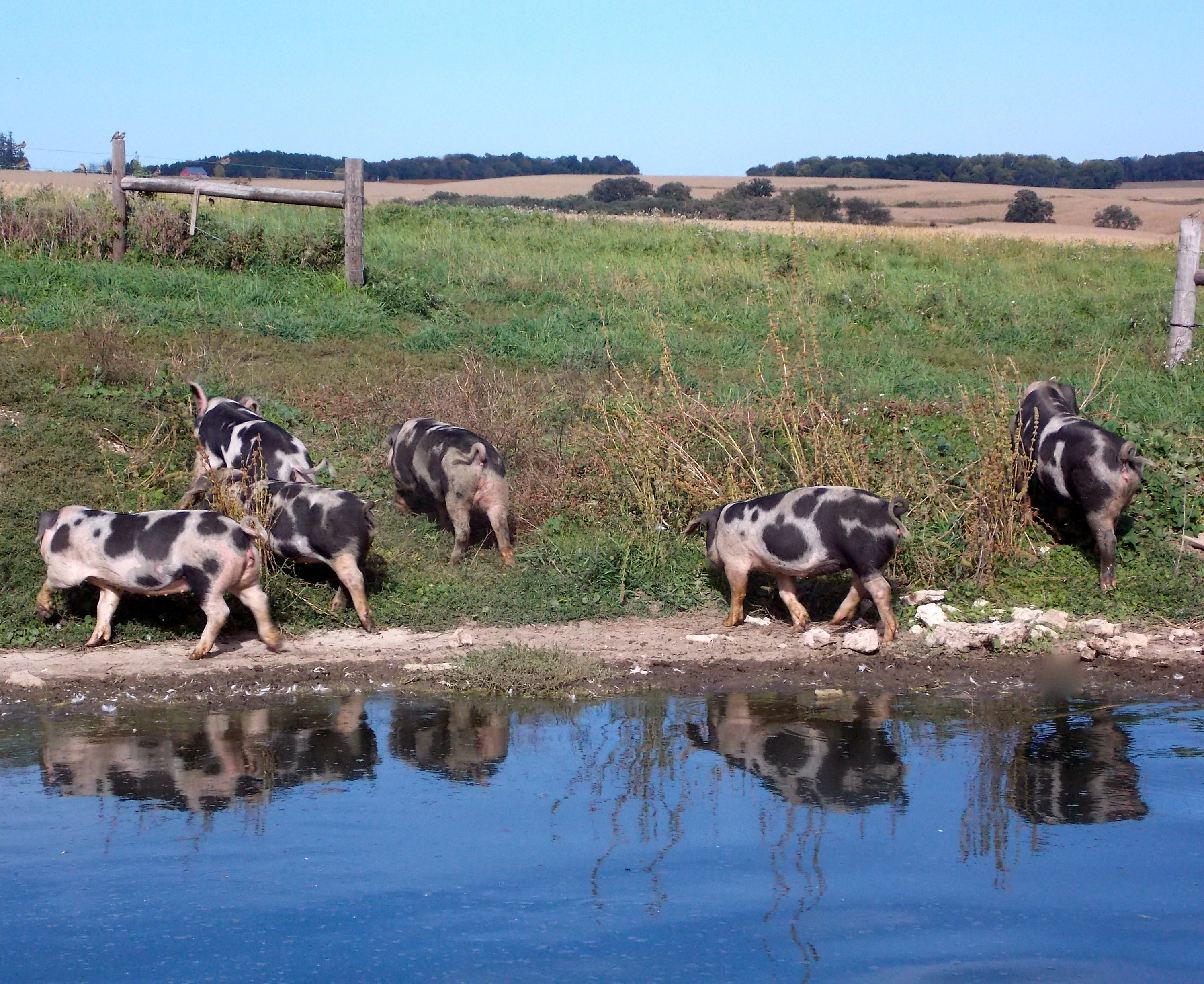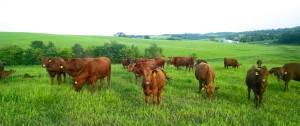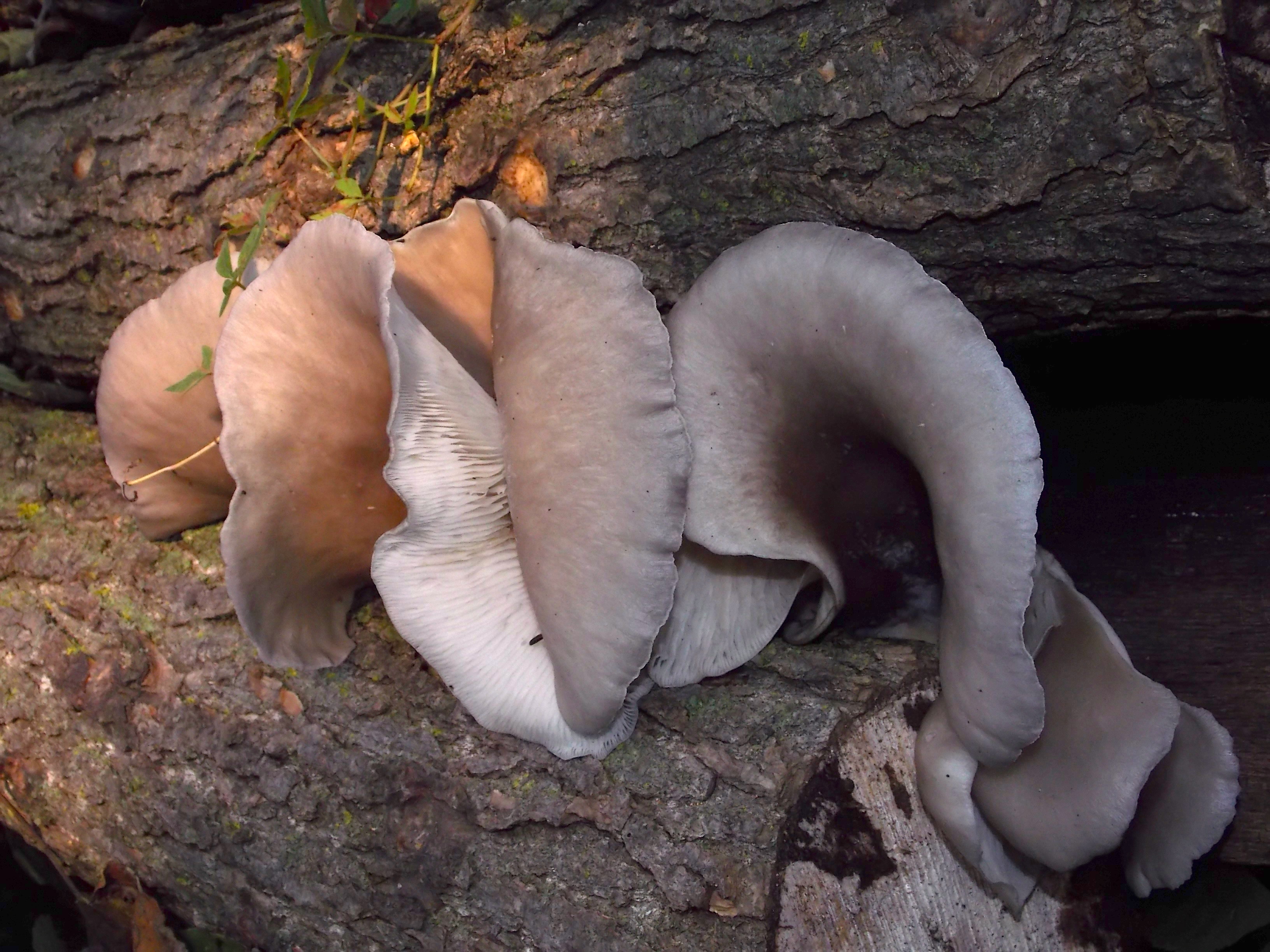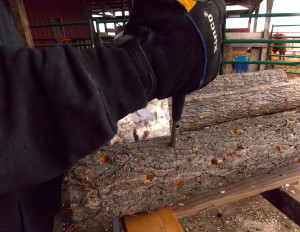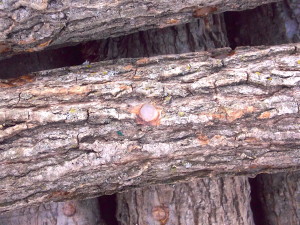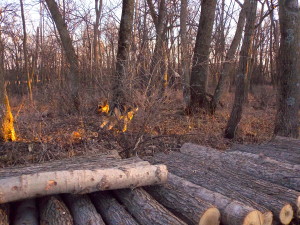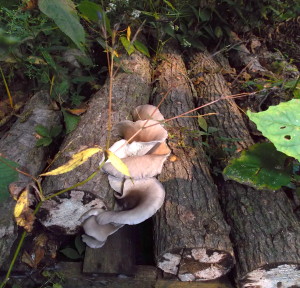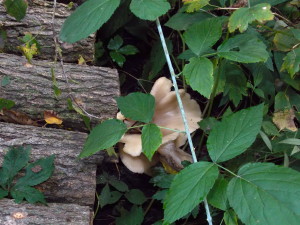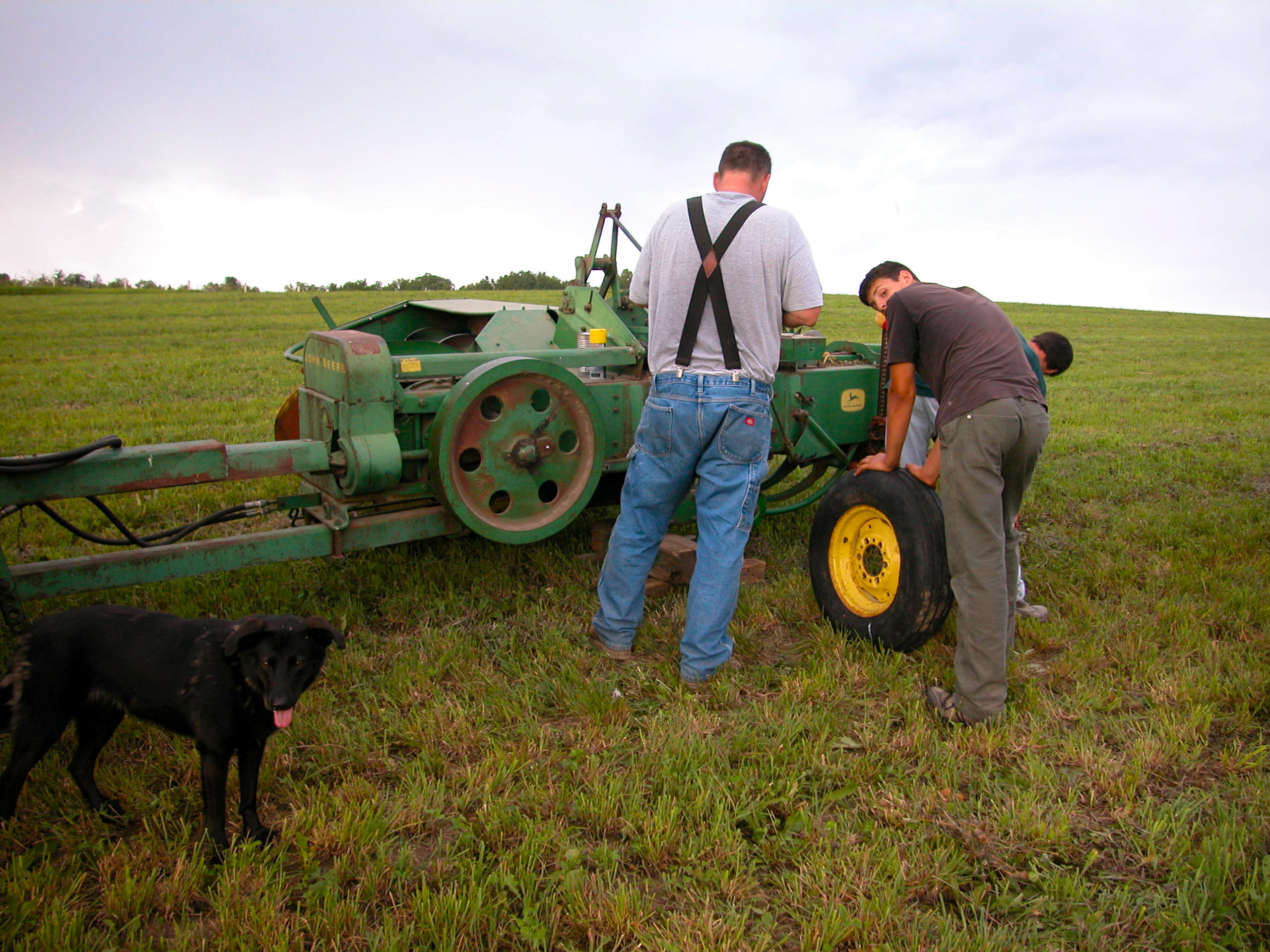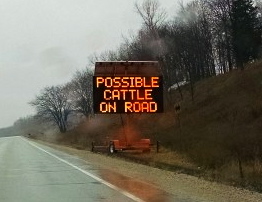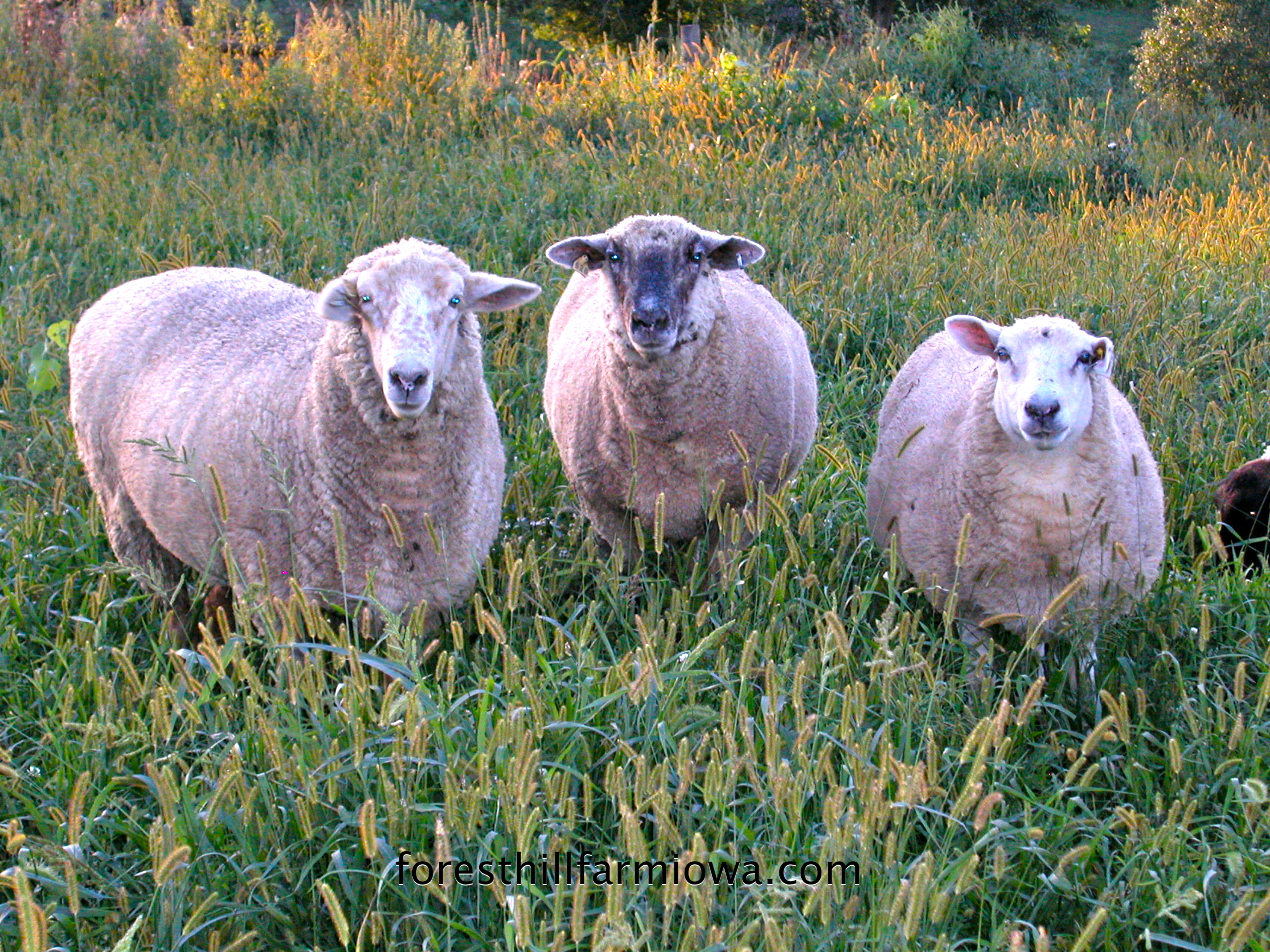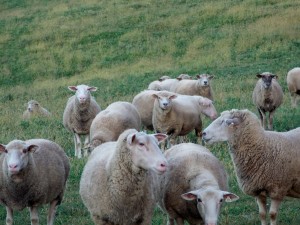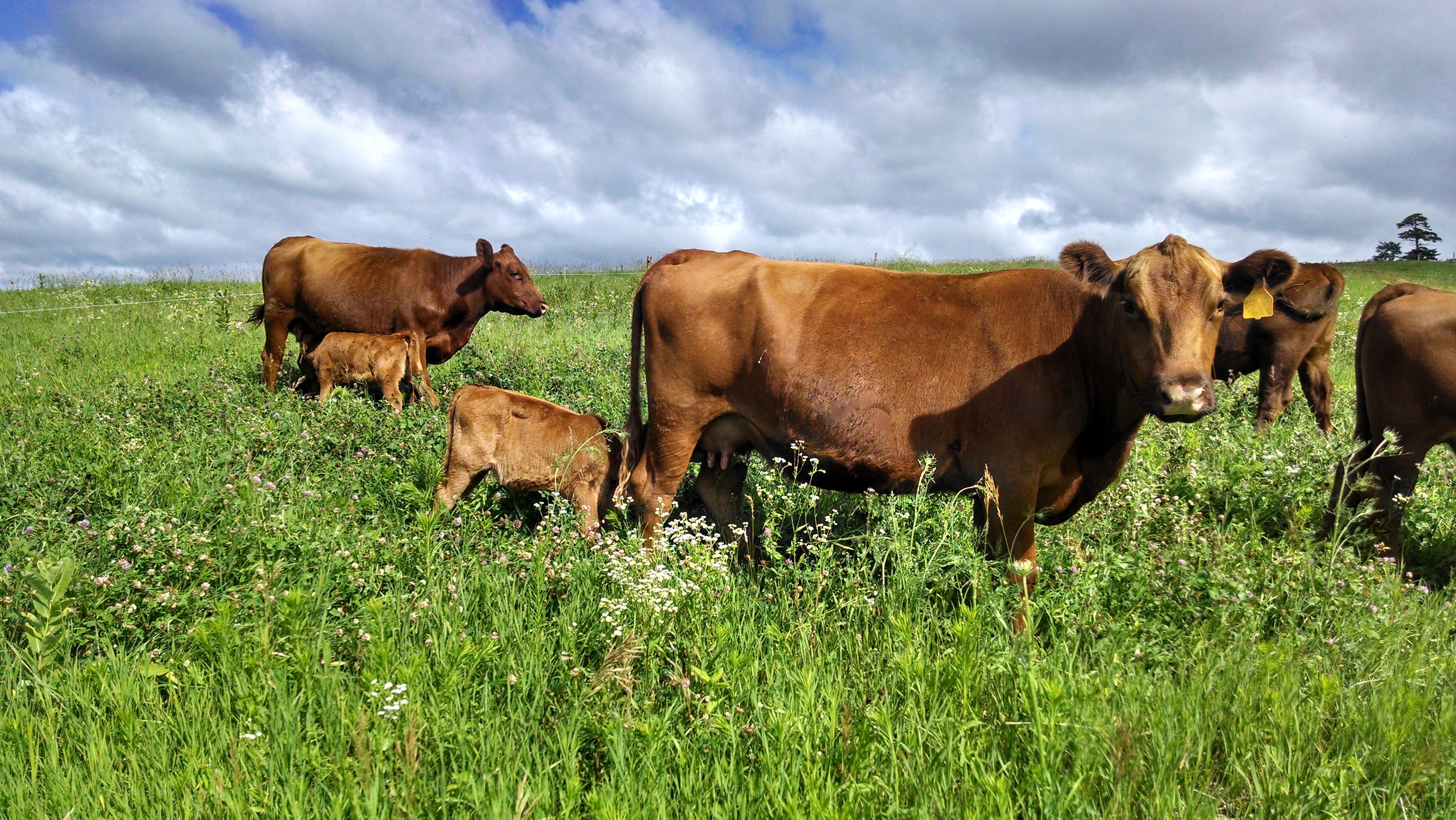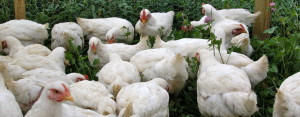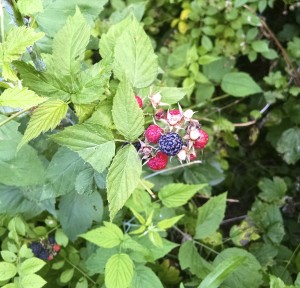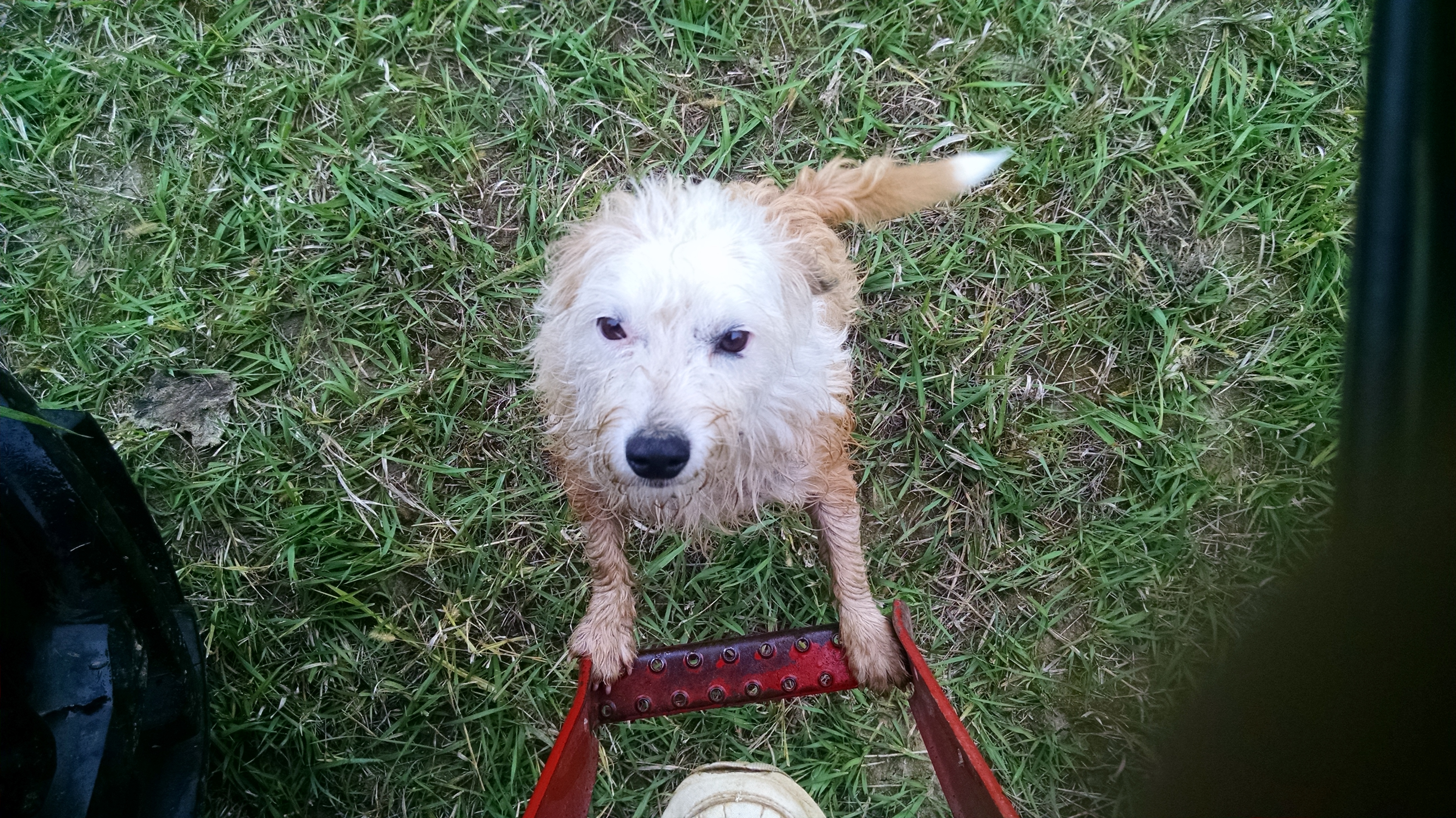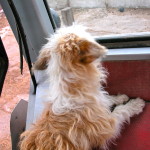Preventing Bird Flu in your Flock
How to kill tens of thousands of chickens with the flip of a switch
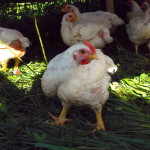 Clean living conditions prevent disease; Sunlight kills viruses, fresh greens boost immunity and exercise improves health. These are the benefits for poultry raised on pasture.
Clean living conditions prevent disease; Sunlight kills viruses, fresh greens boost immunity and exercise improves health. These are the benefits for poultry raised on pasture.
Inside poultry confinement buildings ventilation fans run 24 hours a day. Without these fans the birds die relatively quickly from ammonia fumes and the heat that’s generated from the high density of bodies within the building.
Secretary of Agriculture Tom Vilsack has announced that the federal government is preparing for a bird flu outbreak this fall that could be twice as bad as the one this spring.
The USDA is calling for shutting down the ventilation system if there's another outbreak of Avian Flu. The policy is designed to help farms more quickly keep the virus from spreading.
USDA officials said that teams hired to euthanize birds in Iowa and Minnesota fell behind on destroying infected birds this spring due to the size of the flocks. The new euthanasia policy initiates a 24 – hour “stamping-out.” If no other method of killing would meet the 24 hour deadline federal and state officials, along with the producer, agree to shut down the ventilation system.
For chickens in pasture it's a different story. There is no switch to flip. No ventilation fans to shut down. Just sunshine, fresh air and green grass. Pasture pens are open to allow chickens access to all three. The tops are partly covered to give shade along with protection from the rain. The bottoms are open to the grass. The birds aren’t crowded and they live outdoors during the optimum growing season; May – October.
Before dropping that carton of eggs or package of conventionally raised chicken into your grocery cart the next time you're at the store remember these words from Jo Robinson, author of Pasture Perfect;
“... a chicken that looks stressed and abused on the day of slaughter looks just fine when cut into uniform pieces and wrapped with plastic. The words on the label are targeted to calm any concerns one might have about the meat. This chicken is “Fresh, All-Natural, and Locally Grown!”
Instead of buying confinement chicken make a healthier decision. Find a farmer who raises pastured poultry. The health and taste benefits far surpasses the cost.
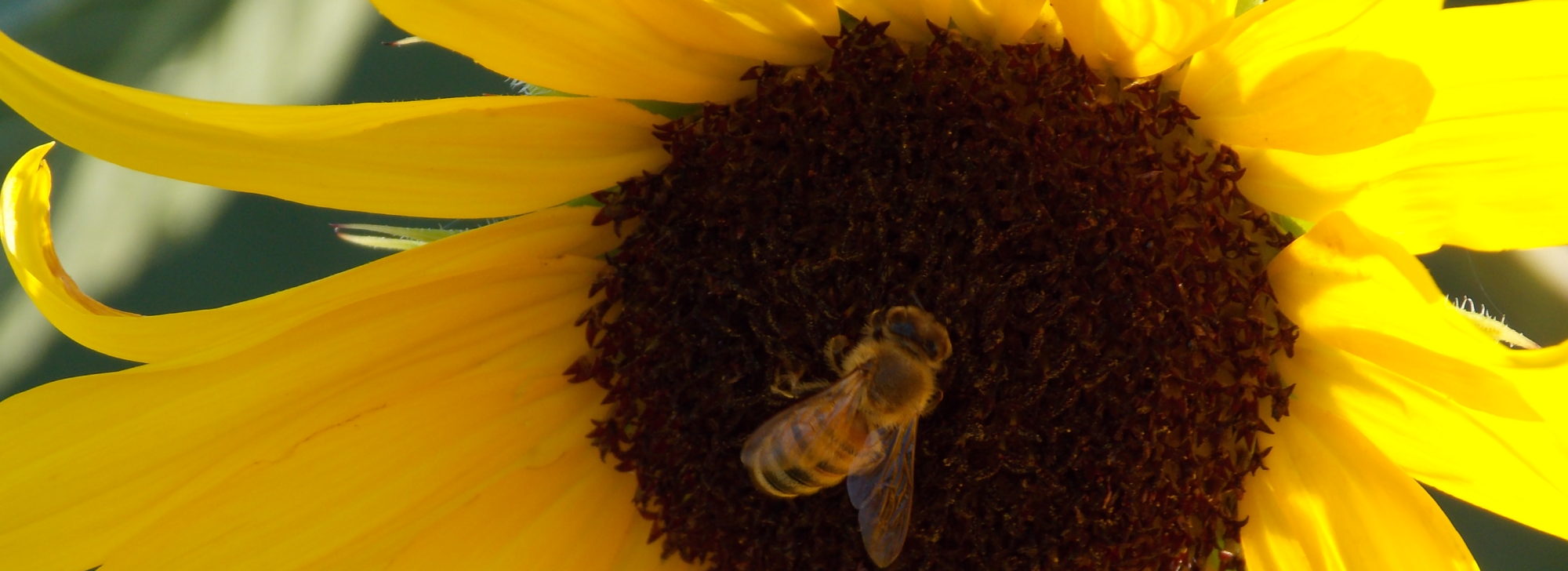
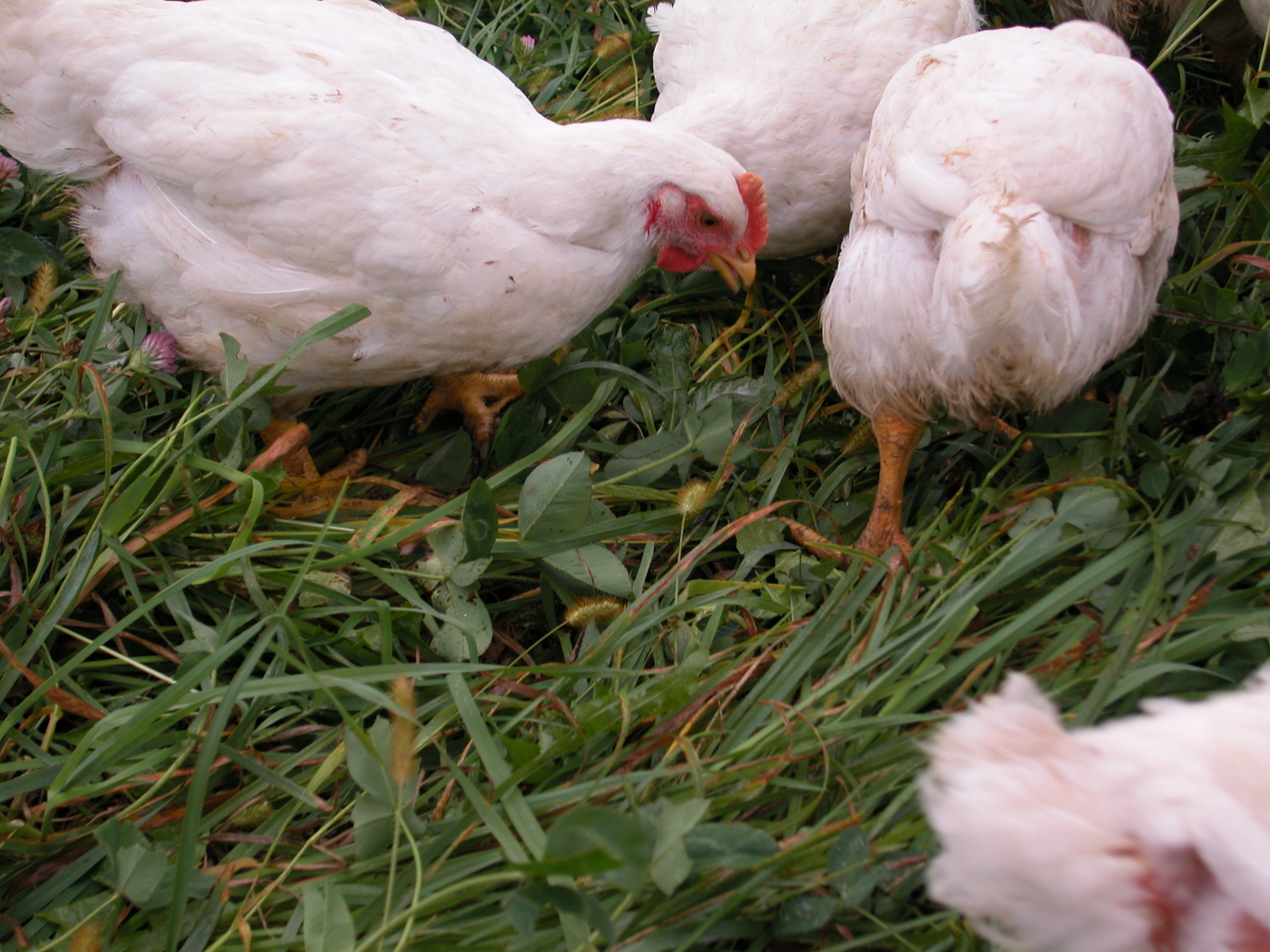
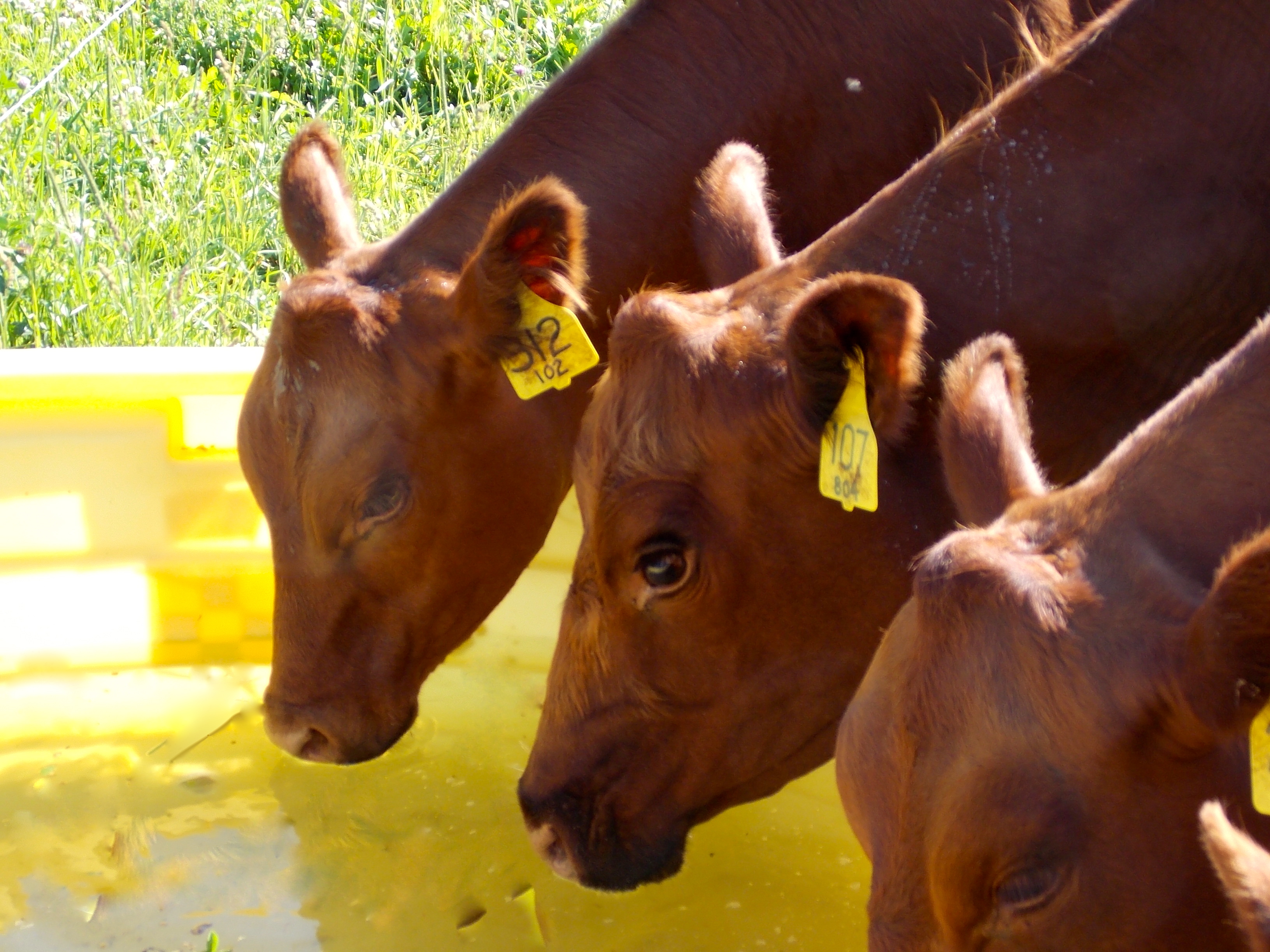
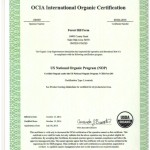
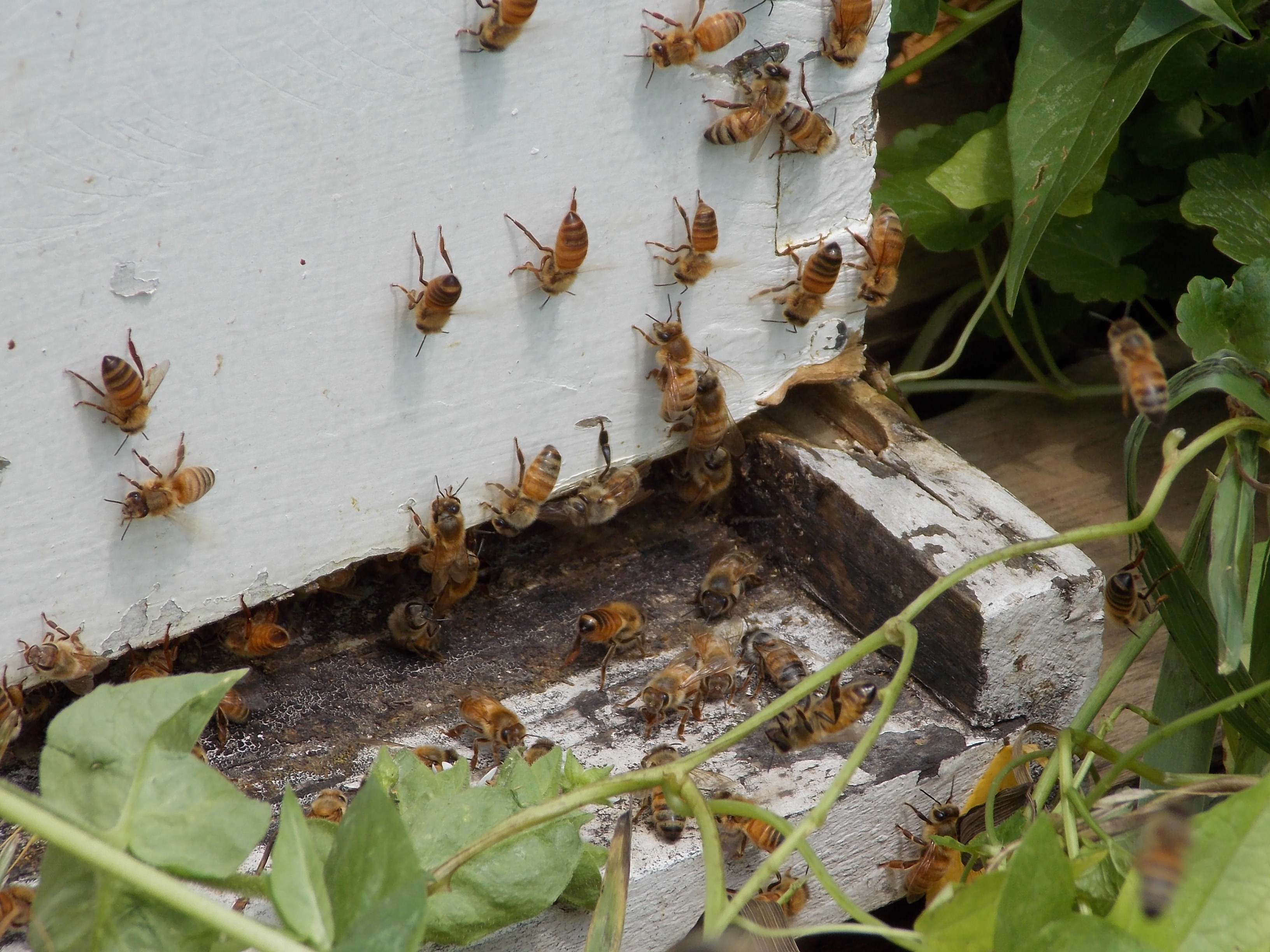
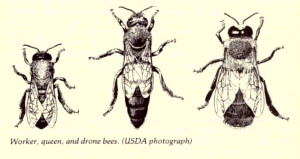 Death to the Drones!
Death to the Drones!